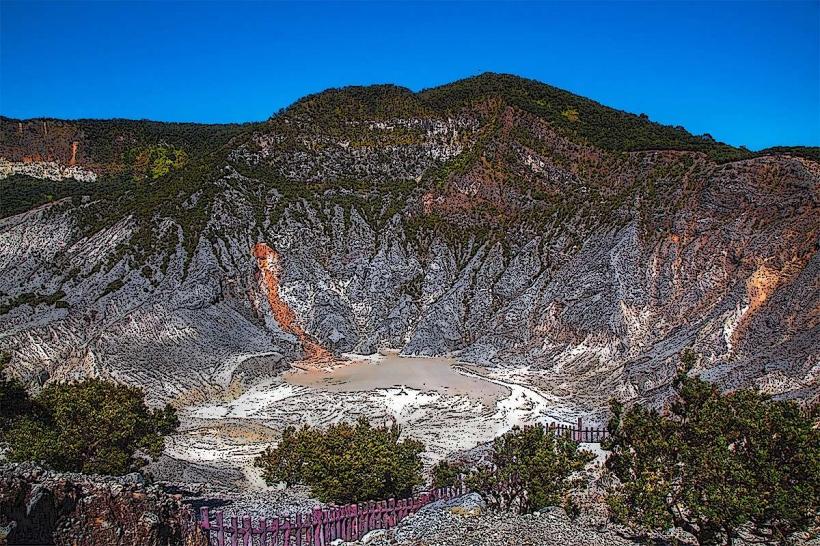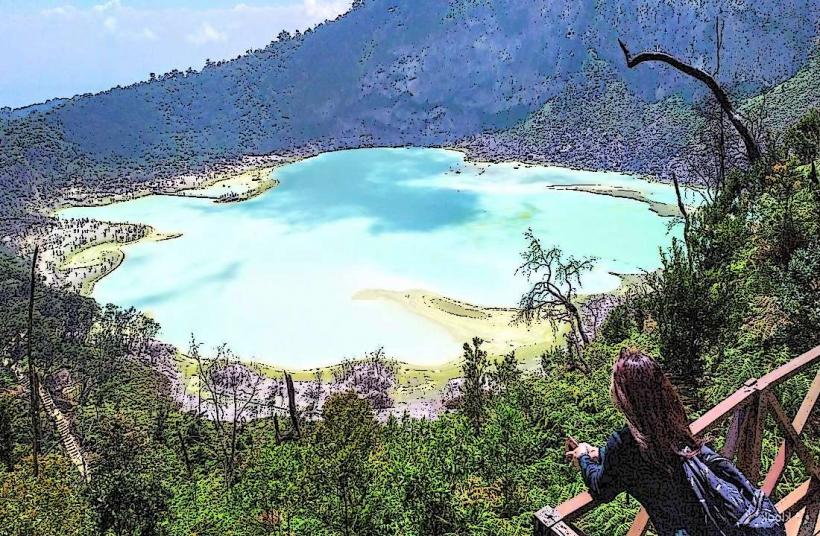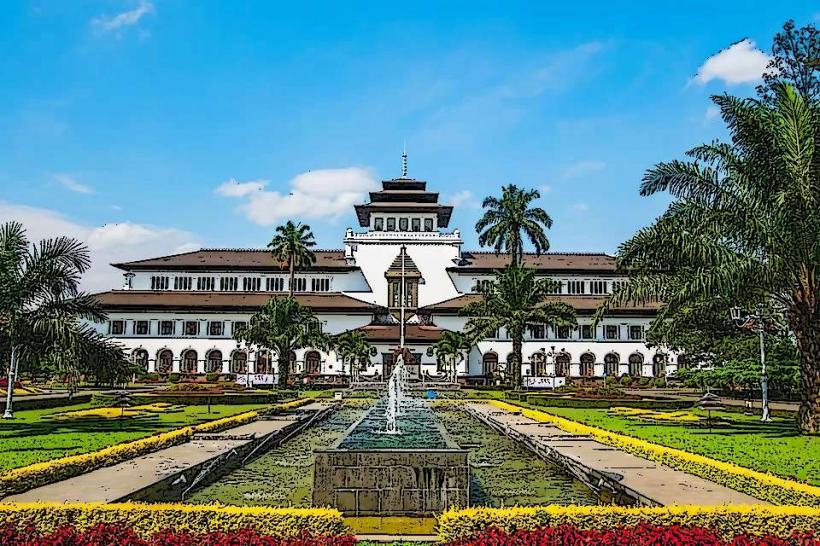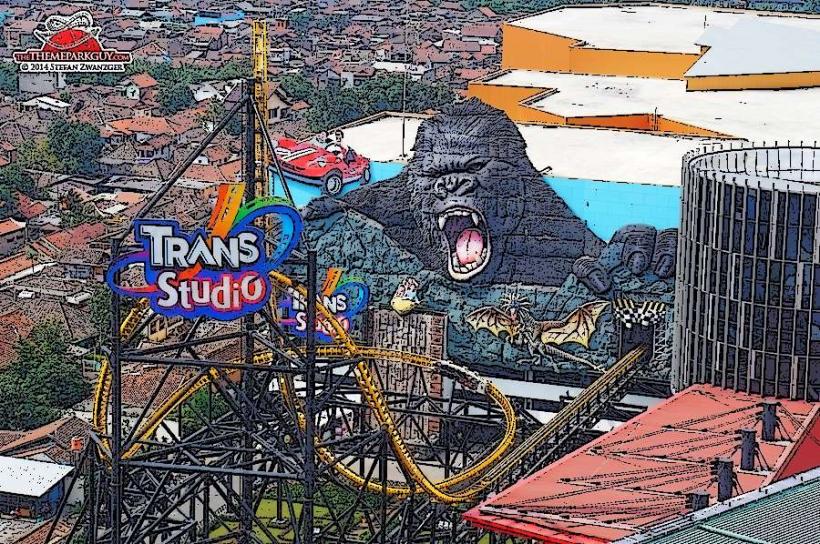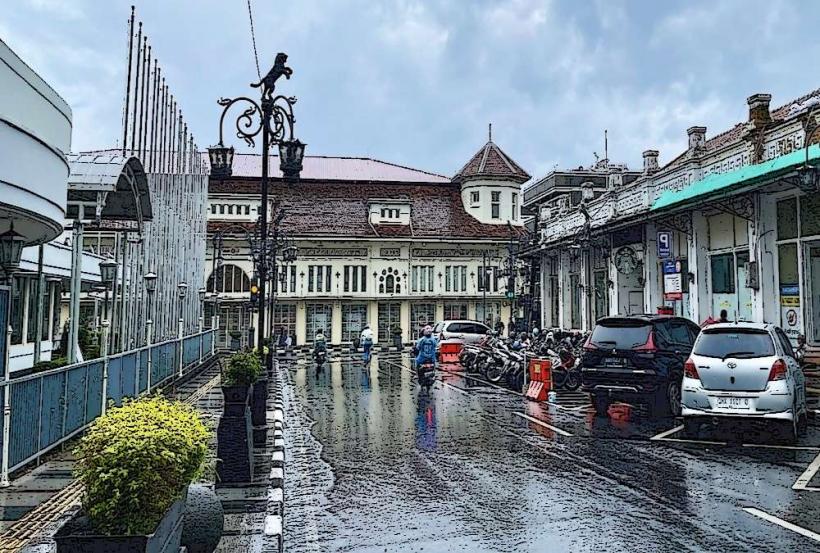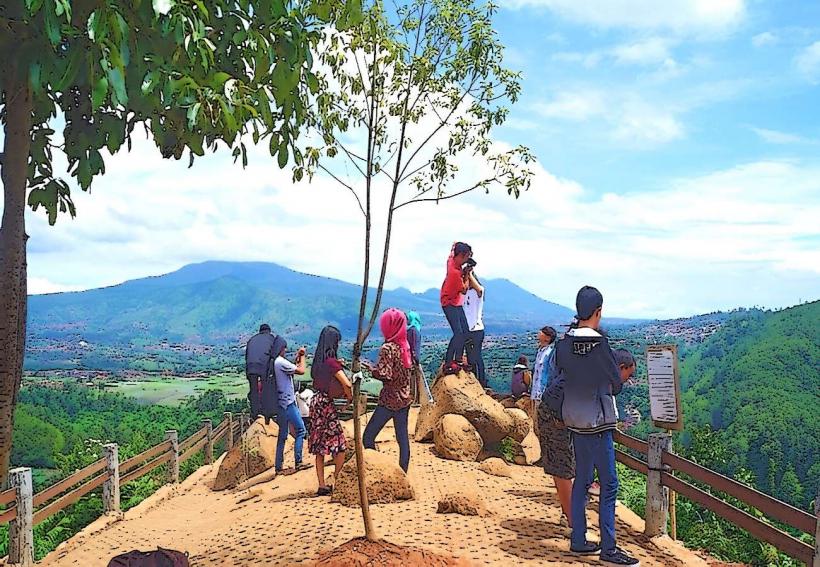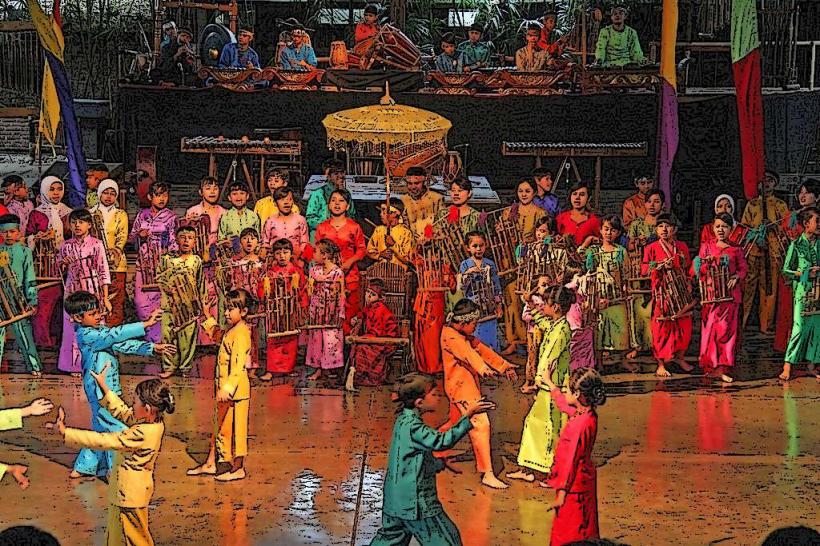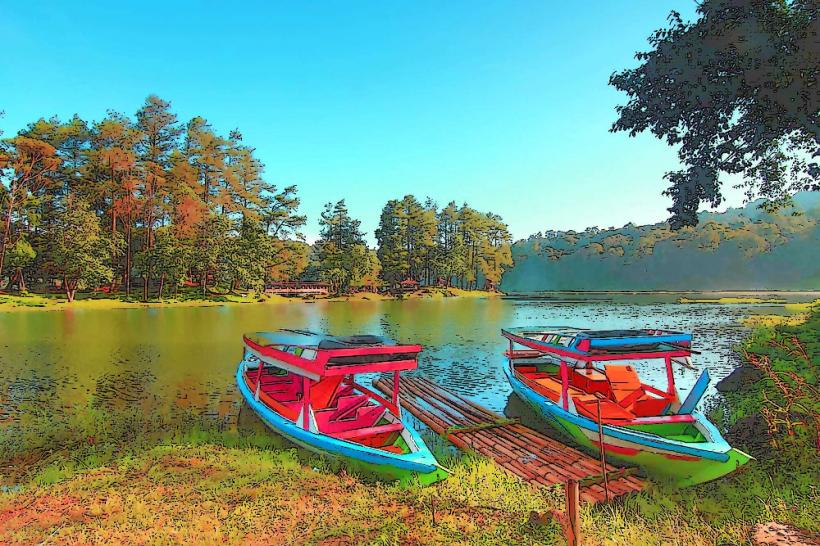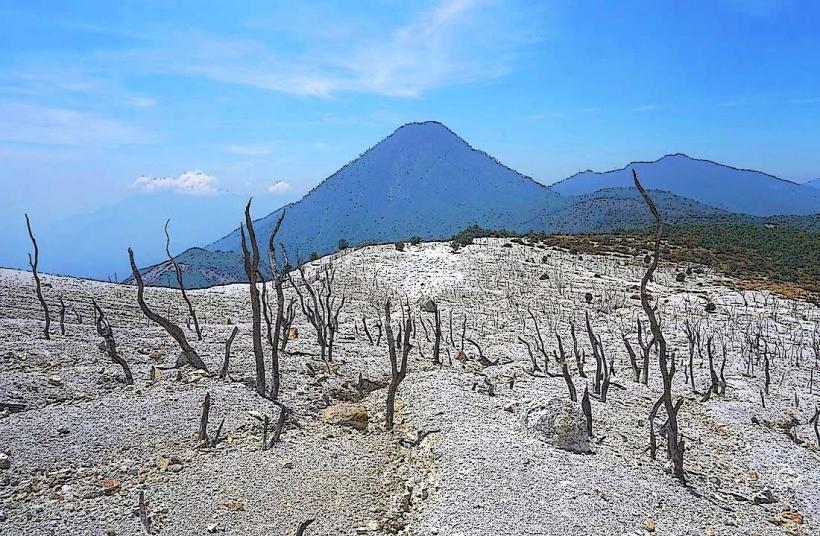Information
Landmark: Bandung Geological MuseumCity: Bandung
Country: Indonesia
Continent: Asia
Bandung Geological Museum, Bandung, Indonesia, Asia
The Palacio de los Tribunales is a judicial building located in the city of Chiloe, Chile.
Visual Characteristics
The structure is a two-story building constructed primarily from wood, a common material in Chiloe due to its historical availability and resistance to seismic activity. The exterior features a dark, weathered wood finish, often painted in muted tones of grey or brown. The roof is steeply pitched, designed to shed heavy rainfall and snow. Architectural elements include simple, functional window frames and a prominent central entrance. The overall design reflects the traditional Chilote architectural style, emphasizing practicality and local materials.
Location & Access Logistics
The Palacio de los Tribunales is situated in the central district of Chiloe. It is approximately 0.2km from the main plaza. Access is via paved city streets. Limited street parking is available in the immediate vicinity, and visitors should be aware of local parking regulations. Public transport within Chiloe typically involves local buses that service the city center; the nearest bus stop is located 0.1km East of the building.
Historical & Ecological Origin
The Palacio de los Tribunales was constructed in the early 20th century, with its current iteration dating from approximately 1910. It was built to serve as the primary judicial center for the Chiloe province. The design is attributed to local architects working within the established Chilote building traditions, utilizing native timber.
Key Highlights & Activities
Visitors can observe the exterior architecture. Interior access is generally restricted to official business. The building's historical significance as a center of local governance is its primary point of interest.
Infrastructure & Amenities
Restrooms are available for official use. Limited shade is provided by the building's overhangs. Cell phone signal (4G/5G) is generally reliable in this urban area. No food vendors are located directly at the building; options are available in the nearby city center.
Best Time to Visit
For exterior viewing and photography, the morning hours (9:00 AM - 11:00 AM) offer consistent natural light. The months of December through March generally provide the most stable weather conditions with less rainfall. No tide considerations are relevant for this inland structure.
Facts & Legends
A local anecdote suggests that during construction, a rare type of wood, known for its unusual grain pattern, was incorporated into the main courtroom's paneling. This wood is said to have been sourced from a specific, ancient tree deep within the island's forests, though its exact location is unverified.
Nearby Landmarks
- Plaza de Armas (0.2km West)
- Iglesia de San Francisco (0.3km Northwest)
- Museo Regional de Chiloe (0.4km West)
- Fuerte San Miguel de Agüi (4.5km Southwest)

